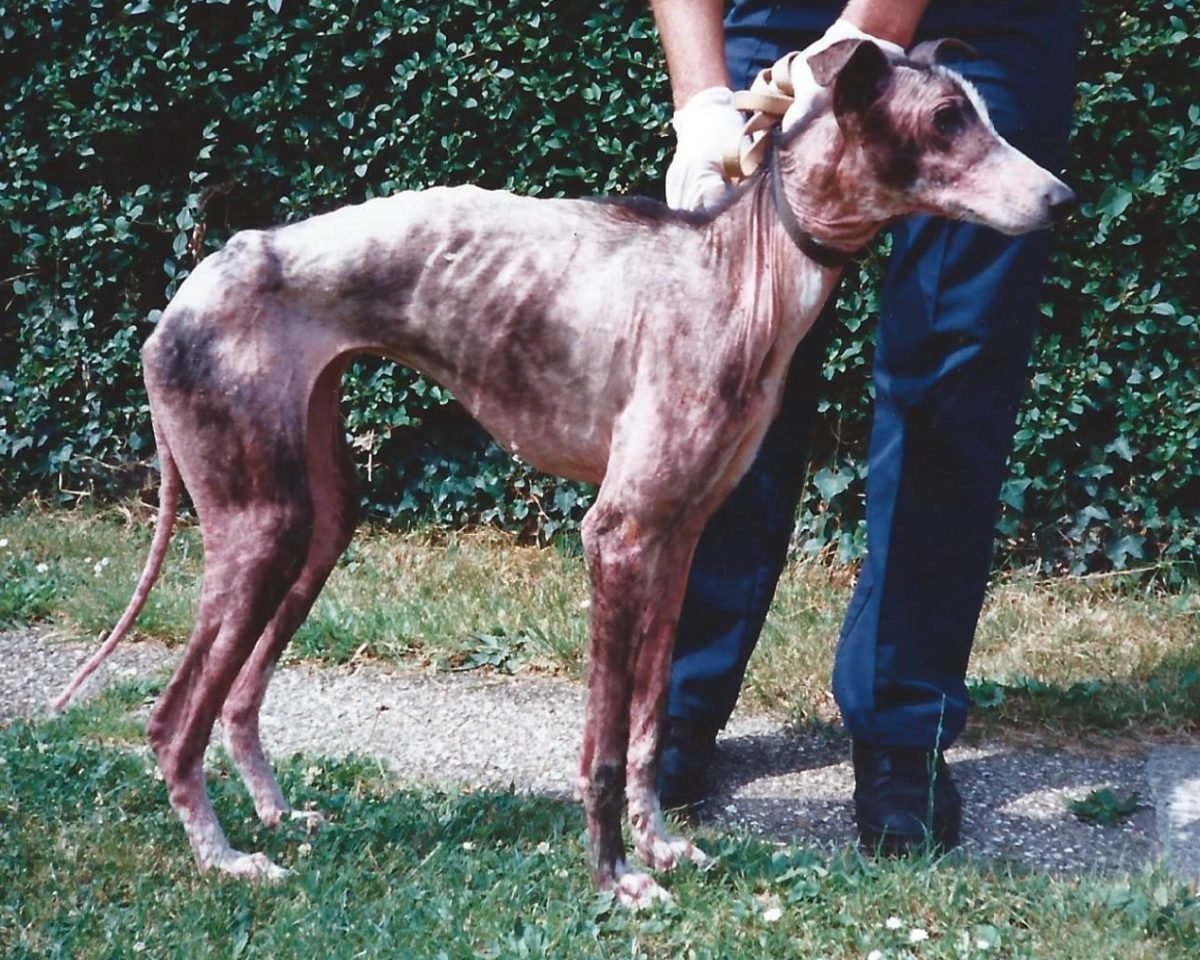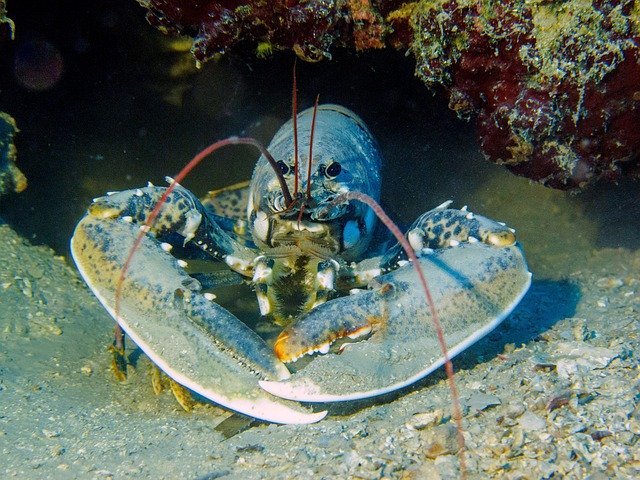There are many agencies for reporting animal cruelty in the UK who unlike the RSPCA actually have legal powers to investigate, prosecute and intervene in matters of animal abuse. These include the Police, local authorities and DEFRA.
Most people mistakenly believe that the RSPCA in England or SSPCA in Scotland are the only agency legally responsible for investigating and prosecuting animal abuse. There is considerable confusion over what powers the RSPCA have. They have in fact none, but they have still become the default agency to go to as all the other agencies lack the time, inclination or the funds to do the job.
The U.K., Scotland and Northern Ireland all have different laws and procedures and within each country there are various authorities tasked with dealing with certain issues. Most of the confusion in the UK was caused when the government in its wisdom introduced the all-encompassing new Animal Welfare Act 2006, but failed to appoint anyone to officially enforce it.

Who do you call?
Reporting animal cruelty in England& Wales
The Police, local authorities and the Department for the Environment, Farming and Rural Affairs (DEFRA), can all investigate and prosecute animal abuse dependent on the type of animal involved, but not necessarily a statutory duty to do so.
For farm animals, transport of livestock, slaughterhouses, etc contact:
DEFRA 03000 200 301 or 020 7238 6951 (England) 0300 303 8268 (Wales)
For all animals including wildlife crime:
Police on 101 or 999 if urgent. See also wildlife crime later in article.
OR
RSPCA 0300 1234 999
Depending on the circumstances an RSPCA Inspector might:
- persuade or educate the person responsible for the animal to look after the animal properly
- give them a care notice – stating what the person is failing to do and giving them a period of time to take action to improve the animal’s welfare. If they don’t follow a care notice properly owners run the risk of being charged with an offence and prosecuted.
- start criminal prosecution proceedings by reporting the case to the the RSPCA legal department who will decide whether to take a private prosecution under section 6(1) of the Prosecution of Offences Act (POA) 1985.
The English government increased the penalties for animal cruelty in June 2021 to bring them more in line with Scotland and Northern Ireland. The maximum penalty is now 5 years imprisonment and/or £5,000 fine.
For pet shops, riding stables, zoos, animals in entertainment and companion animals:
Your local Council animal welfare inspector or environmental health department.
NOTE: If you contact a Police call centre they will usually automatically refer you to the RSPCA because in practice the English police generally feel they have no statutory duty (not forced by any law) to investigate. You can insist they take action if it is an emergency, but it can be hard work.
Scotland
Animal cruelty and welfare laws are enforced by the Police and Local Authority animal welfare inspectors and SSPCA Inspectors. The SSPCA are designated as a ‘Specialist Reporting Agency’, with similar powers to the police unlike in England. They report the facts of a case of cruelty to the Crown Office and Procurator Fiscal Service (the equivalent of the Crown Prosecution Service in England) who decide whether the evidence warrants a prosecution and is in the ‘public interest’.
Scottish SPCA 03000 999 999
OR
Local Authority Animal Welfare Department
OR
Police Tel: 101
Depending on the circumstances of the case an inspector might:
- persuade or educate the person responsible for the animal to look after the animal properly
- give them a care notice – stating what the person is failing to do and giving them a period of time to take action to improve the animal’s welfare. If they don’t follow a care notice properly they’re likely to be charged with an offence and prosecuted.
- start criminal prosecution proceedings by reporting the case to the Procurator Fiscal
Penalties that can be imposed on offenders:
Serious neglect or cruelty, animal fighting or serious crimes to wildlife: up to 5 years imprisonment and unlimited fines.
Other penalties include fixed notice fines for failing in owner’s duty of care or abandonment and other less serious crimes.
The judge can also impose a Deprivation Order which removes the animal from the owners’ care or a Disqualification Order which stops the owner from owning or working with animals for a specific period. They may also be added to an animal cruelty data base.
Northern Ireland
Local Authority Animal Welfare officers under the Welfare of Animals (Northern Ireland) Act 2011 are responsible for investigation cruelty to companion animals. They work on a regional basis and basically work office hours with an out of hours contact number.
Report cruelty to companion animals
- Belfast City Council 028-90270431
- Eastern Region 028 90494567
- Northern Region 028 25633134
- Southern Region 028 37515800
- Western Area 028 82256226
For welfare of Farm Animals & Pet Shops
Department of Agriculture (DARD) 0300 200 7840 office hours. Out of hours police or local vet.
Wildlife crime.
Police Tel: 101 or 999 in an emergency
The USPCA does not get involved in prosecutions but campaigns against major issues like puppy farming, dog fighting and tame deer hunts.
USPCA 028 3025 1000

More on Wildlife Crime
There are no other charities which take regular prosecutions under animal welfare and protection laws, but it is worth reporting incidents of wildlife crime to these:
The League against Cruel Sports
The charity has a useful online and telephone contact to help you report wildlife cruelty such as illegal hunting anonymously.
Animal Crimewatch 01483361108 or online Animal Crimewatch Report
Royal Society for Protection of birds (RSPB)
Wild Birds and the Law | Reporting Crimes Against Wild Birds – The RSPB. Use the online reporting form or call Investigations on 01767 680551 (England, Wales, NI) or 0131 3174100 (Scotland), or email crime@rspb.org.uk.


